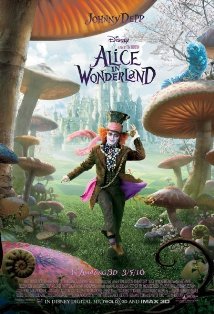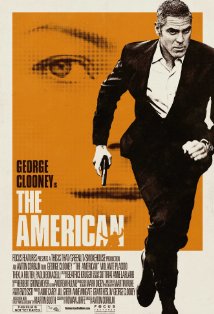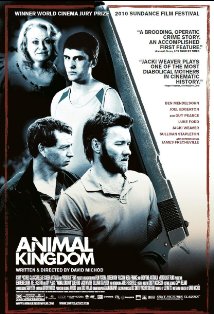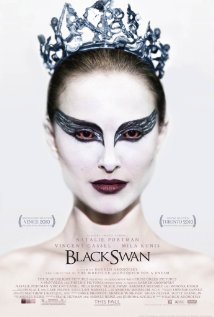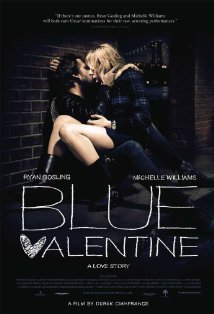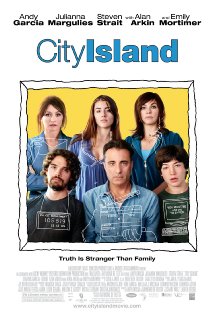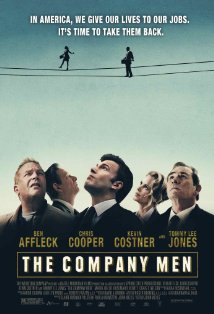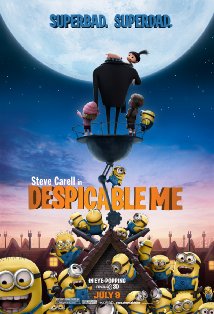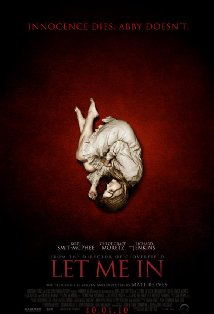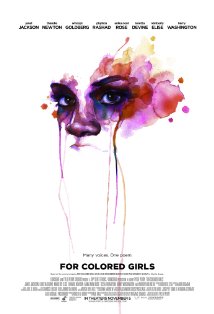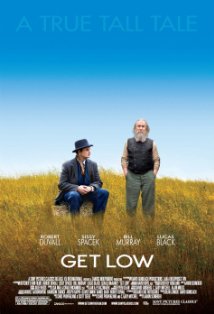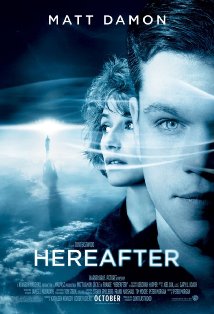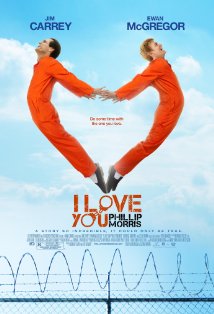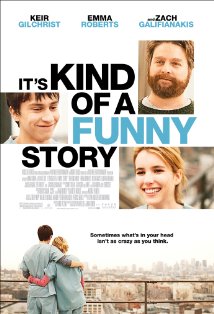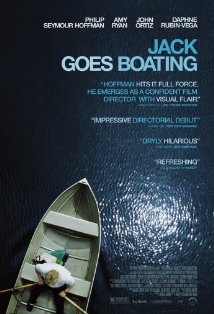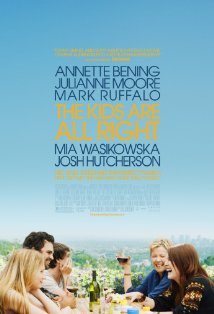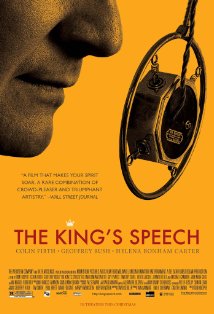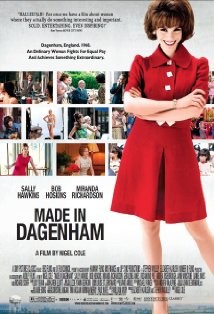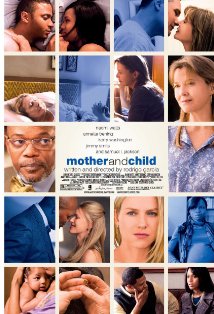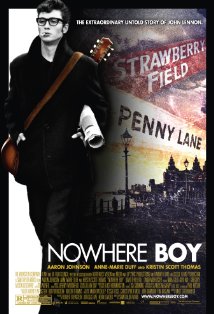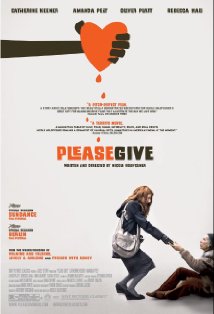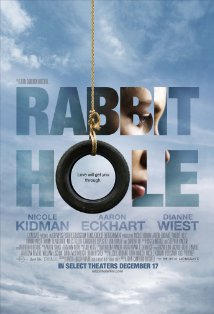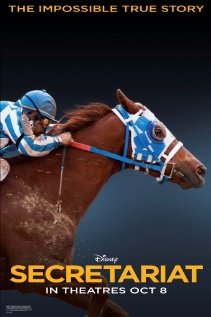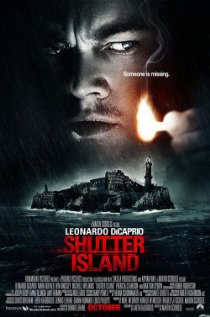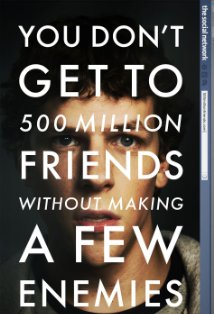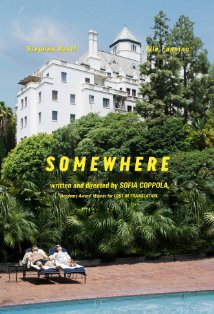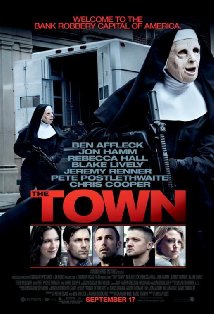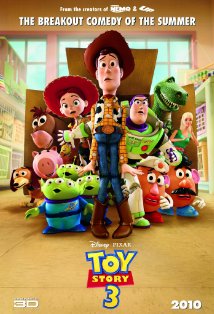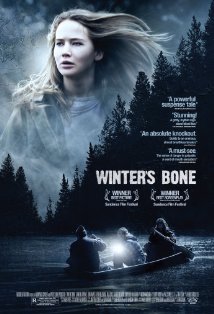Question: Why should I get professional feedback?
Honesty or flattery? Tell me what you want baby, what you really, really want.
We all want, need, crave validation. But when it comes to script coverage or a professional consult, expect some criticism. Be eager for it. In fact, be grateful. That’s where you’ll learn.
 The fastest way to convince me you’re a novice is by refusing to accept that your screenplay could be imperfect. Professional writers are eager for input. That doesn’t mean they don’t want and need kudos. Trust me, they do. But they are every bit as hungry to learn what doesn’t work. Beginners tune out all but the compliments. If all you want is to hear, “Oh baby, you’re the best I’ve ever read,” spend your money on a call girl, not me.
The fastest way to convince me you’re a novice is by refusing to accept that your screenplay could be imperfect. Professional writers are eager for input. That doesn’t mean they don’t want and need kudos. Trust me, they do. But they are every bit as hungry to learn what doesn’t work. Beginners tune out all but the compliments. If all you want is to hear, “Oh baby, you’re the best I’ve ever read,” spend your money on a call girl, not me.
Criticism leaves a bitter taste in everyone’s mouth, but professional writers learn to love feedback. They have enough experience to know that a script is a way of communicating and a fresh pair of eyes is invaluable. It forces them to answer tough questions, defend an idea or discover a solution. They welcome the challenge because it strengthens the story. In this relentlessly collaborative medium, if you can’t take input, you’re out. No working writer ever screamed at me, “You mean if I don’t change this one line my script isn’t going to sell?!”
My job as a producer and my approach to a consult is to give writers a fresh perspective and constructive feedback. What’s on target, what’s missing the mark and how to make every aspect work together. My goal is to make your script the best possible version of the story you’ve set out to tell. So how can you convince me that you’re a “serious amateur” hungry for feedback that will make your work better?
Don’t React Right Away
Back in the day, story notes at Disney were known for two things. First, being staggeringly lengthy and second, an aura of profound politeness while telling a writer what to do. The phrase, “Perhaps we should consider discussing” was invented to be the spoonful of sugar that made the medicine go down.
Convoluted as it may be, there’s something to be learned here. Spend some time mulling over notes. Sure, you know your script inside out, have rewritten it countless times, but could there be some truth here? You don’t have to agree with everything someone has to say, just know that somewhere in there is something for you as a storyteller to learn.
Perhaps you should consider thinking about that.
Scratch the Itch
I had the great fortune of beginning my career in development working for the writing/producing team of Raynold Gideon and Bruce Evans. They wrote STARMAN, STAND BY ME, MR. BROOKS and tons of assignments. They’d been in countless notes meetings with producers and studios. And they’d worked both sides of the desk, giving and receiving notes. Their words of wisdom? “Scratch the itch.” Simple yet profound.
Don’t do what we say, do what we mean. Get at what’s really bothering the note giver, not merely what they’re complaining about on the surface. What’s the underlying problem? “The second act lags.” Should you slash and burn or are we yearning for more action?
Scratch the itch, baby.
Take a Walk in My Shoes
I’ve put in my 10,000 hours and read pretty close to 10,000 scripts by my latest calculation.
I read like an industry professional. That means I’m built for speed and efficiency. I read fast, and I have a staggeringly high reading comprehension. What got me in trouble in 3rd grade reading circles for being so far ahead that I’d lost the place of the group ensured my survival as a development exec.
We stop reading slug lines within the first 15 pages. If you want us to know where we are, describe it in the description.
We quit reading character names by the end of Act One. So yes, each character should sound distinctive.
If these are your only methods of conveying where we are and who’s who, you’re sunk.
This is how professionals read. Period.
“It’s not me, it’s you.”
Please believe me when I say the problem lies not in my reading but in your writing.
I’ve helped launch a few writers’ careers. I remember one very quiet writer whose first project I set up. It was a wonderfully wacky offbeat comedy with a fresh spin on a familiar paradigm. This guy was beginning to develop a voice. We were pretty excited about working with him and even tried to get him an open assignment on another project of ours. But he was a soft-spoken fellow, as I said, and didn’t exactly set the room on fire in a pitch.
We were meeting in our offices, going over our producers’ notes on the draft before turning it into the studio. I was pushing pretty hard on one point in particular – something I insisted didn’t make sense. The writer was adamant. It worked. I insisted some more. And then something astonishing happened. He yelled at me! Right there, he unleashed all his frustration and yelled. Didn’t I understand that the entire point of this scene was based on a minor reference earlier, symbolized thus and such and all added up to his big point?
I was shocked.
I was thrilled.
I sat there for a moment. And then I said quietly, “No I didn’t get that.” Not until he explained it. And I’d read the script many times. “This is great!” I exclaimed. “So now, my challenge as a producer is to figure out how to get you in front of every audience at each screening of the movie so you can explain it to them.”
It went a lot more smoothly from there on. And the writer went on to have a pretty big career.
If you’re ever explaining, know for certain that you’re in trouble because means it may be in your head, but it’s not on the page.
Writers vs. Readers
Don’t expect us to agree with your writers group. Nothing personal, but what do they know? They may have spent four days with McKee, but how many scripts have they read? How many projects have they taken into studios? How many breakfasts, lunches and drinks have they spent learning what other people in the industry are looking for?
Chances are, they’re your friends; they’d rather not tell you that you look like a hippo, or they’re busy admiring their own ass. Meaning writers’ feedback for other writers is all too often laden with iffy or irrelevant ideas. They’re imagining the story as if they were telling it. Or they’re trying to make themselves feel superior. My job is to help you get the best possible version of your story.
The Courage of your Convictions
Yes, I may have just claimed that industry professionals are more infallible than the Pope, but now I’m going to play Devil’s Advocate. While for the most part, most of us do know better most of the time, when it comes to your story, well, it’s YOUR story. If you’re positive about what you want to say with it, then you must have the courage of your convictions.
Professional writers might not always agree with every morsel of wisdom that tumbles out of my mouth, and honestly, I don’t want them to. I’m happy to debate, discuss, spitball and play out alternatives. That’s where the very best work comes from.
Stand up for what you believe in. Just remember, it’s your job to make it work.
Don’t Sweat the Small Stuff, Sweat the Small Stuff
Back in the olden days, when scripts existed on paper, aspiring writers wasted an incalculable amount of time on how many brads a script should have. It was fodder for heated debate on internet sites. What a waste of time and energy. As if it would get your script read any sooner or taken any more seriously. For the record, as someone who sustained more than one brad injury toting around stacks of scripts: a) two and b) not the cheap ones.
Page count. Yes, this is everyone’s current obsession. Granted, if I see a script that’s 133 pages, I know there’s a problem. If a screenplay is 83 pages, I know there’s a problem. But honestly, if I’m reading 133 pages of a great script, it’s well worth my time. And odds are, I’m more likely to find a terrific story in 133 pages that need to be tightened than in 83 pages where the writer hasn’t dug deep enough.
If you’ve cut out all the adjectives and articles to make your script a “fast read,” you don’t have a clue as to what a fast read is. And you’ve made my reading experience miserable. I’ve read the same screenplay both with and sans the “little” words. One version had charmingly quirky characters and a unique setting that gave it an off-beat appeal. Other painful. Lack sentences. Not flow.
Words count.
Deep down can say you’re truly looking to make your work better with coverage or a consult? Or are you spending $$$ to get encouragement? Everyone eats up compliments, but can you be equally hungry for the bite of criticism? I get queries all the time from writers boasting that someone read their script and said “excellent writing” or “this is a rich story.” Unless they said “Great idea for a movie. I wanna nearly kill myself to get this puppy made!” it doesn’t mean a thing.
You look positively anorexic.
Can I get you a doughnut?
 A producer who’s sold to all the majors, Barri Evins created BIG IDEAS to give aspiring screenwriters what it takes to break into the business, teaching techniques she uses with professional writers. The Big Ideas Screenwriting Seminar gives you an insider’s perspective, shows you how to create stories that ignite interest and develop screenplays faster than ever before. Includes Barri’s mentorship for a year. Consult info here. Barri will be a panelist at theScreenwriters World Conference.
A producer who’s sold to all the majors, Barri Evins created BIG IDEAS to give aspiring screenwriters what it takes to break into the business, teaching techniques she uses with professional writers. The Big Ideas Screenwriting Seminar gives you an insider’s perspective, shows you how to create stories that ignite interest and develop screenplays faster than ever before. Includes Barri’s mentorship for a year. Consult info here. Barri will be a panelist at theScreenwriters World Conference. 







![[description]](http://net.fwpublications.com/newsletters/Images/Newsletters/WD_Editorial_2011_3_20_2012/onfictionwritinge.jpg)
![[description]](http://net.fwpublications.com/newsletters/Images/Newsletters/WD_Editorial_2011_3_20_2012/breakoute.jpg)
![[description]](http://net.fwpublications.com/newsletters/Images/Newsletters/WD_Editorial_2011_3_20_2012/charactere.jpg)

